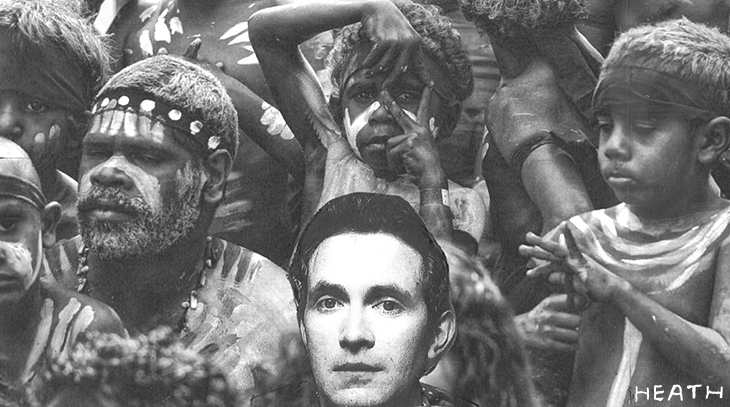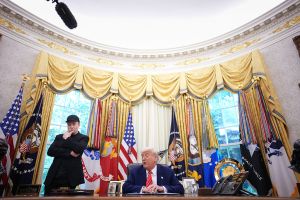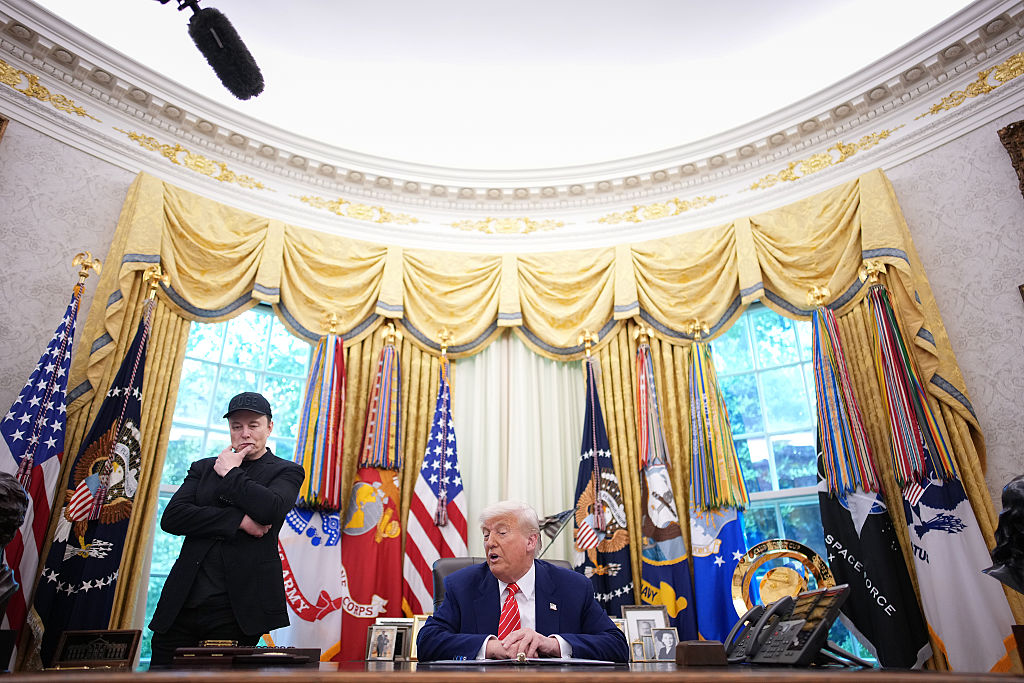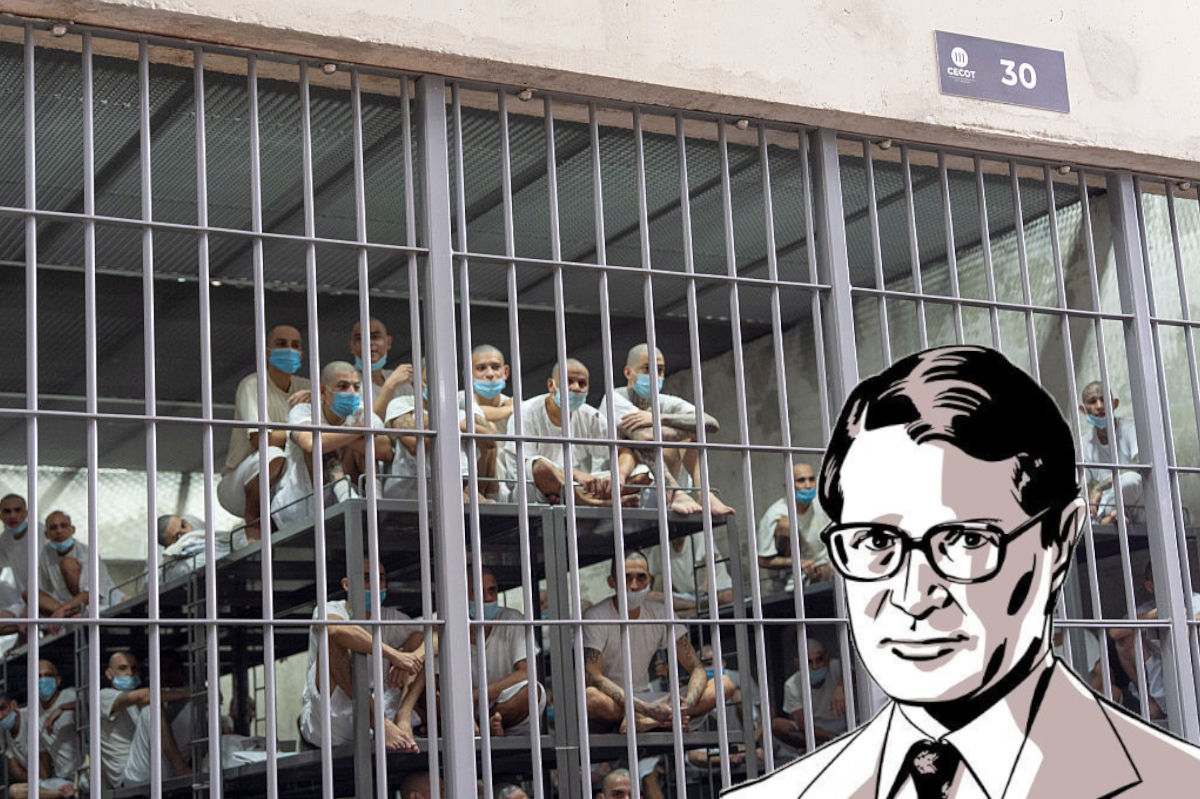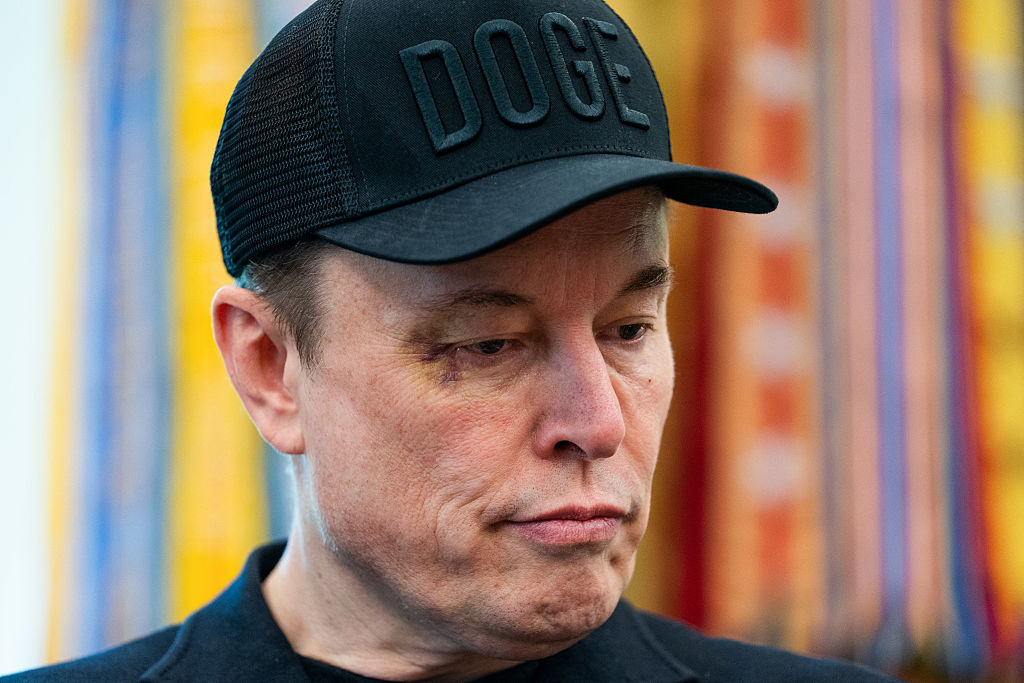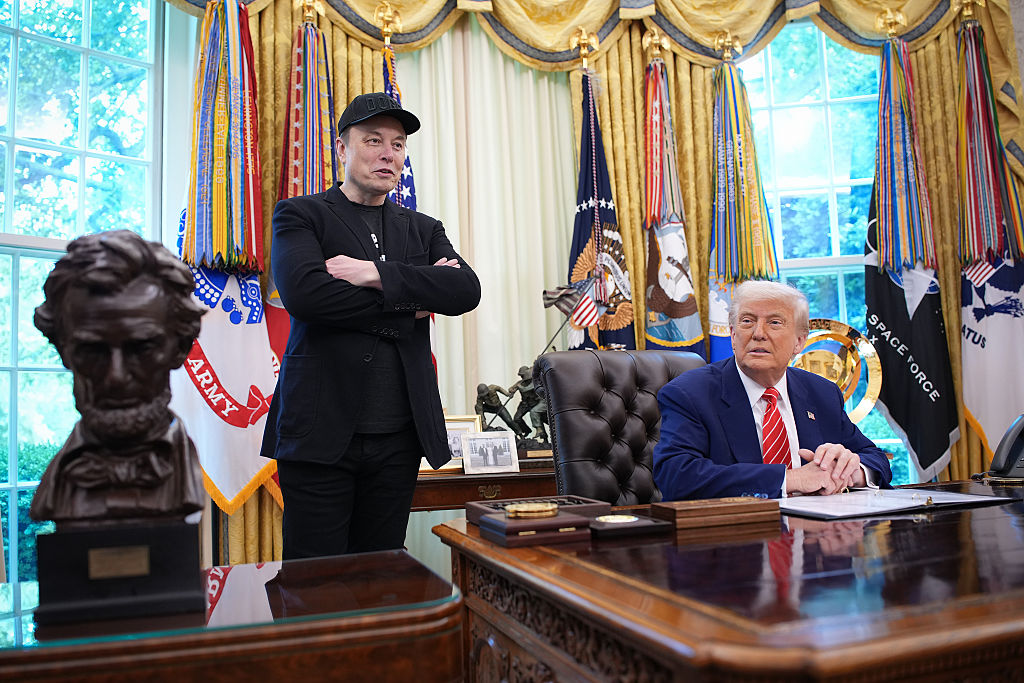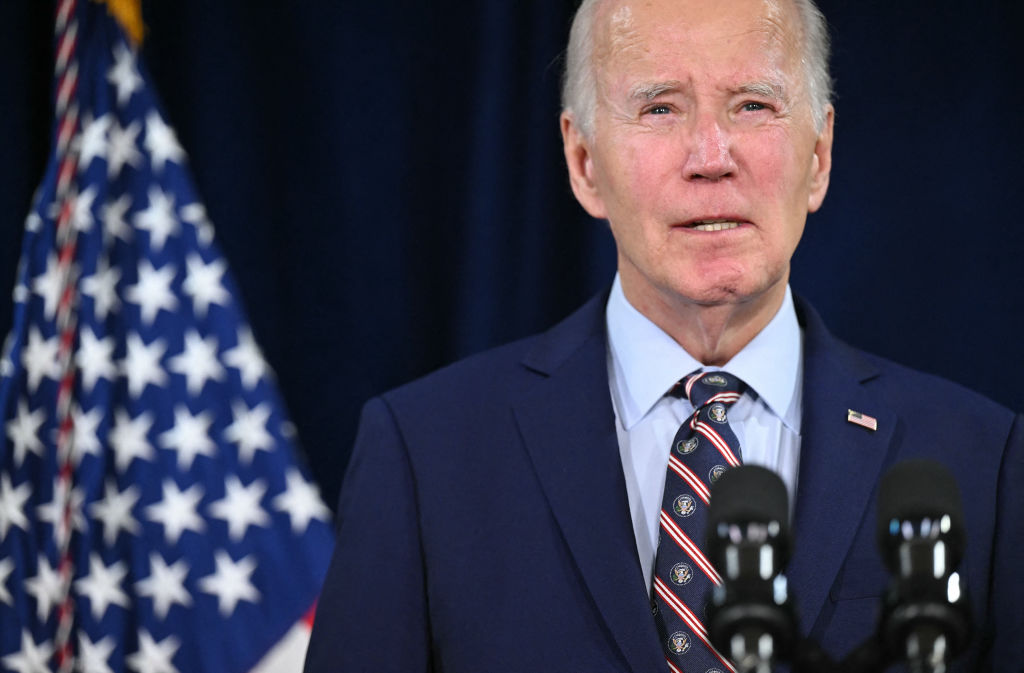Whenever I visit a country I try to pitch high and meet the president or prime minister. In Australia this proves tricky. At the start of the week Malcolm Turnbull and I are on for lunch, but commitments force me to call off. By the end of my visit he is no longer prime minister. One of his excellent predecessors comes to see me at my hotel. At first I marvel at the ease with which former prime ministers can move about in Australia. But I soon wonder if people are unfazed because they reckon it might be their own turn to run the country next.
I am here for ten days. First to do a day-long event in Sydney with Maajid Nawaz, Sam Harris and others. Then a multi-city tour across Australia and New Zealand alongside Harvard’s Dr Cornel West. Some while ago Suzi Jamil of Think Inc asked if I would consider touring down under with a political opponent. I said it would only work if we were searching for points of agreement and didn’t already loathe each other. Dr West found his political feet in black activism and revolutionary socialism, but I have always admired his commitment to ideas. So over the course of a week, in front of thousands of people, we find disagreements on capitalism, identity politics, foreign policy, domestic policy and more. But we speak the same language of ideas and share many of the same concerns and reference points, from Aristotle to Aretha Franklin. We get into a habit that when one cites a thinker in defence of their case, the other cites the same person to make a different point. Most importantly, in politically polarised times, there seems to be value in demonstrating what meaningful face-to-face disagreement might look like. My favourite feedback comes from a young audience member in Melbourne: ‘Modern politics, multimedia and social media so often feels like living in a perpetual Two Minutes Hate. Last night was like getting handed the power to turn it off.’
Of course, it isn’t all peace and light. Question and answer sessions are perilous in any country, but more so abroad. In Auckland one young man prefaces his question by saying I inspired him to become a journalist. I am riding high. The next questioner pronounces a set of personality disorders he believes I suffer from, including ‘straight white male privilege’. In Sydney a young man at the mic thanks ‘Doug’ for coming all this way. ‘Douglas,’ I correct him. There is an intake of audience breath. ‘I know you Australians,’ I explain. ‘If I let one Doug go by you’ll all be on to Dougo next.’
It is noticeable that both Australians and New Zealanders are beginning to get nervous about their relationship with China. Locals finding it hard to get on the housing ladder and foreigners buying up property is an issue. Though where is it not? Yet it is aboriginal matters that most rumble, and sometimes threaten to explode. One evening Dr West and I are discussing the effects of the loss of the Christian substrate in our societies. I express concern over euthanasia of the mentally ill. A woman in her twenties with mental health issues has just been euthanised in Holland. This does not seem to me a positive development. During the Q&A a woman of aboriginal descent declares that she wishes that she and her people had the same ‘privilege’ I show in opposing euthanasia. Her specific point is unclear, but her larger aim is to put me in the position that chess players call ‘zugzwang’: a situation in which every potential move will only worsen my situation. Had I come out for euthanasia — let alone called for its wider deployment — then you could be sure the aboriginal woman would have found some way to use this against me. I’m willing to take some of this because I am a visitor. But I’m not sure I would feel so zen if I were an Australian being thus blackmailed.
In New Zealand there is a halcyon day off. Suzi and I take a ferry to Waiheke Island. Before lunch at a vineyard we stop on a tiny secluded beach. ‘This is heaven,’ I exhale. ‘The end of the world, and then a ferry ride further.’ The only other person on the beach is throwing a ball into the ocean for his dog. He shouts over: ‘Hey Douglas — I watch you all the time on YouTube.’ Every blessing is also a curse. I left Britain during its second week of pretending to be offended by Boris on burkas. I return as a row is being worked up over jerk chicken. From abroad it is clear that Brexit now lies under everything in Britain, as Donald Trump does in America. I cannot think of a time when more people have lost their minds — opponents and erstwhile allies alike. I am a minimalist in my expectations for this era. I think our main job is not to be driven mad. Or at least not to behave in ways that will make us feel shame in the future.
This article was originally published in The Spectator magazine.



